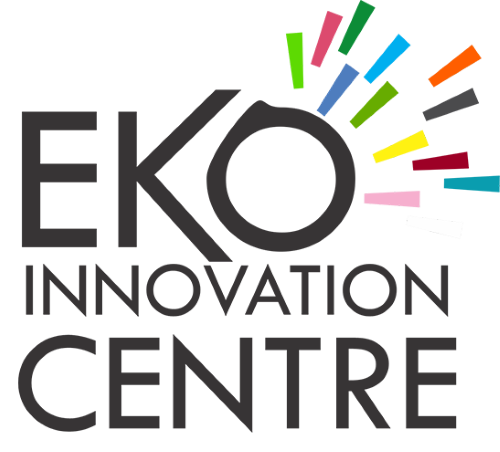Securing capital is critical for early-stage startups. Founders must understand the spectrum of funding sources – from bootstrapping with personal savings and early revenue to external capital like angel investors, venture capital (VC), crowdfunding, grants, and corporate partnerships. Nearly half of startup failures are linked to insufficient funding techpoint.africa, so a smart financing strategy is vital. For example, bootstrapped startups rely on internal funds and strict cost-cutting, delaying external investment until needed. Other startups may launch a crowdfunding campaign; Oculus famously raised $2.4M on Kickstarter to develop its VR headset. Grants (from governments or NGOs) offer non-dilutive cash to tackle social or niche tech problems. Large corporations also partner with startups; as McKinsey notes, such corporate partnerships provide startups with funding, resources, and customer access mckinsey.com.
Key financing strategies for founders include:
- Define clear goals: Identify how much capital is needed and for what milestones (product development, market launch, hiring).
- Match source to stage: Use bootstrapping or friends/family in early stages, apply to accelerators/incubators (like Eko Innovation Centre’s programs) for seed support, and target angels or VCs once you have traction.
- Build investor-ready pitches: Leverage business consultation services (e.g. Eko Innovation Centre’s consultations) to refine your pitch deck and financial model.
- Explore alternative funding: Consider venture debt or revenue-based financing if equity is scarce. In 2023, African startups saw a 54% drop in VC equity funding techcrunch.com, highlighting the need for creative strategies like debt or local grants.
- Network and events: Join hackathons or tech events (such as MarkHack, Lagos Agrithon hackathons) to attract attention and possible backers.
- Maintain financial discipline: Even with funding, startups should stay lean, only spending on what drives growth.
By understanding each funding option’s pros and cons, founders can choose the right mix. For example, grants don’t dilute ownership techpoint.africa, while VC funding provides large capital and mentorship but comes with investor expectations. Throughout the process, leverage Eko Innovation Centre’s Acceleration and Incubation programs – they often include access to mentors, legal advice, and networks that make raising capital more efficient. Business consultations and masterclasses can also prepare your team to navigate term sheets and negotiations.
Conclusion
Craft a funding roadmap aligned with your startup’s stage and growth plans. Seek diverse financing sources (bootstrapping, equity, debt, grants) and build strong investor relationships. Use Eko Innovation Centre’s resources – from strategic workshops to investor connections – to strengthen your pitch. With a balanced funding strategy and disciplined spending, you’ll secure the capital needed to grow while preserving runway and ownership.
